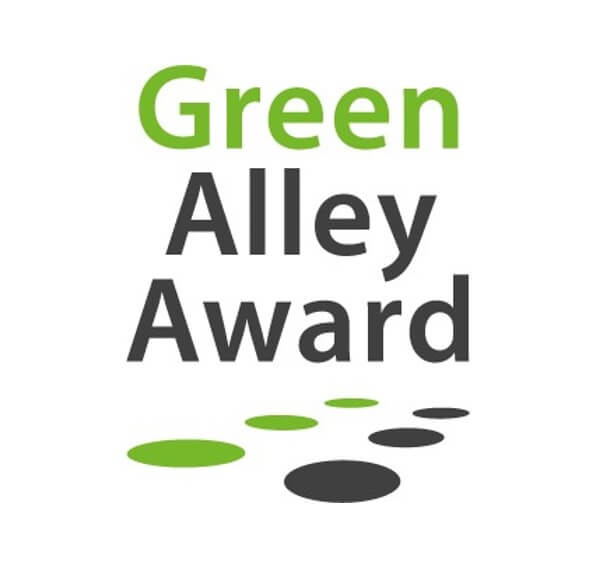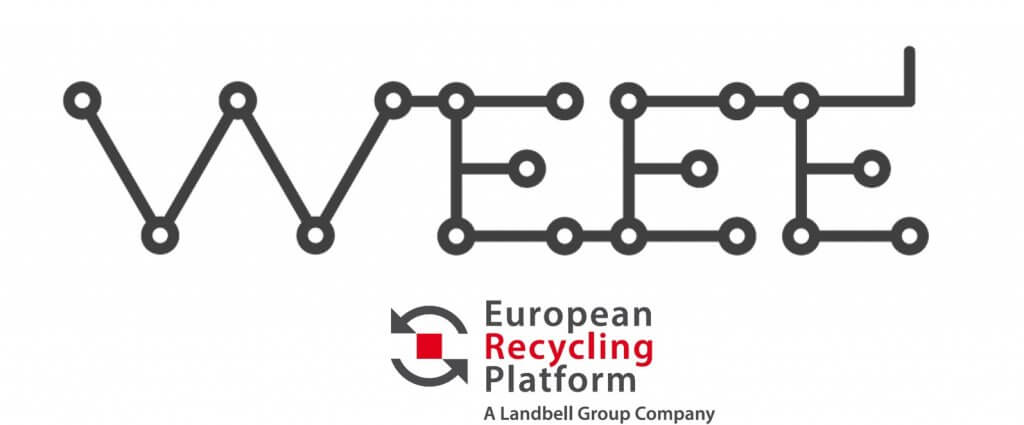Study finds competition is beneficial to circular economy
New report commissioned by ERP finds competition is beneficial to circular economy.
Mainz, 21 July 2021. Extended producer responsibility (EPR) schemes – key elements of the circular economy – tend to perform better when there is competition between multiple producer responsibility organisations. This is the result of a new study conducted by think tank adelphi on behalf of European Recycling Platform. The study also provides recommendations on how to further strengthen the performance of competitive EPR schemes.
The study finds that producer responsibility organisations operating in a competitive environment show a strong focus on driving innovation and improving the services offered to producers. They also tend to lead to higher customer satisfaction and ensure a cost- efficient implementation of waste management activities such as collection, sorting and recycling. Monopolistic systems, on the other hand, tend to rely on effective but often costly innovation and have a higher risk of market power abuse if transparency is insufficient.
These results hold for waste electrical and electronic equipment, batteries, and packaging.
“Extended producer responsibility has proven over the last years to be a very effective means to tackle one of society’s most pressing issues: the growing amount of waste. As the new study suggests, this instrument is particularly powerful and cost-efficient when there is competition between multiple actors. In order to accelerate the transition towards circularity, we need to remove barriers for competition and avoid a concentration of market power at all stages of waste management. Landbell Group has implemented competitive extended producer responsibility throughout Europe for over 20 years and is committed to maintain this role for the journey ahead,” says Jan Patrick Schulz, CEO of Landbell Group.
In order to further strengthen the performance of competitive EPR schemes, the study suggests to ensure a level playing field between multiple producer responsibility organisations by establishing coordination bodies independent of private interest. The main tasks of these mandatory bodies would be to coordinate and monitor the allocation of collection responsibilities, to manage joint activities such as awareness campaigns, and to function as an intermediary between PROs and other stakeholders such as local authorities. The study also recommends working towards an EU-wide harmonisation of the criteria for the eco-modulation of EPR fees.
The report “Analysis of Extended Producer Responsibility Schemes” was conducted by adelphi in June2021 and reviewed by independent scientific reviewers. It assesses the performance of different EPR schemes in Europe using six selected case studies under consideration of nine environmental, economic, and technical key performance indicators, such as collection and recycling rates, costs for producers, or stakeholder satisfaction. The full report can be downloaded via the link below.
Nyheter
Siste nyheter og hendelser
Det handler ikke bare om prosess og etterlevelse, men også om nettverksbygging. ERP deler kunnskap, innsikt og nyheter slik at vi sammen fremmer den bærekraftige agendaen.
Nyheter
14. oktober, 2022
“Recycle it all, no matter how small”
Nyheter
02. mai, 2022
This year’s Green Alley Award goes to the German start-up Voltfang


